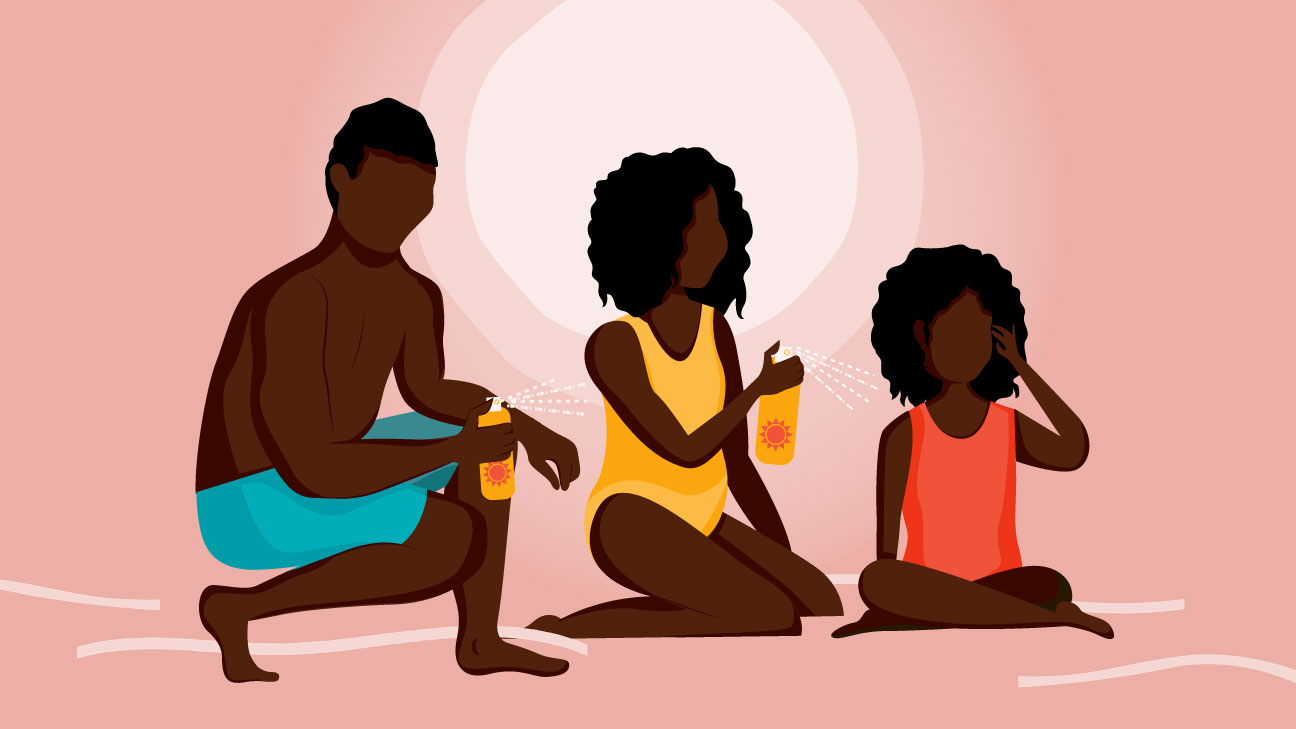

Chesahna Kindred, vice chair of the National Medical Association dermatology section, agrees that there’s a difference in attention given to Black skin within the practice. Historically, the field of medicine hasn’t given Black people adequate medical care, and the field of dermatology is no exception.ĭr. However, this lack of awareness isn’t a myth that comes from the Black community itself. ‘Black don’t crack’ wasn’t a phrase I really heard a lot growing up. Leah Donnella wrote for NPR’s ‘Code Switch,’ “I never really worried about protecting my skin from the sun. Kyei says people with darker skin often ask her if they need sunscreen.Do Black people need sunscreen? Plug this question into Google and you get over 70 million results that all emphasize a resounding yes.Īnd yet the conversation of how necessary this preventive practice is has been disregarded - and sometimes by the Black community - for years. Injected steroids can sometimes help minimize scarring. Initial treatment method instead of surgery.”ĭespite the potential for scarring, surgery is the only Superficial and not high-risk, we might start with a chemotherapy cream as an

If you’re someone who tends to get thick keloids and your cancer is very Want someone to end up with a thick scar somewhere noticeable like their face. “The reason I ask that question is that I don’t Is the most common type of skin cancer, I ask about any previous experience “If a patient comes to me with basal cell carcinoma, which Tend to suffer from thick scars, known as keloids. However, takingĪdditional precautions can reduce scarring in people with darker skin, as they It begins with surgery to remove the cancer. “Caucasians tend to get it more in sun-exposed areas.” Treatment for skin cancerįor the most part, skin cancer is treated the same way inĭark-skinned people as it is in those with lighter skin. “For example, in African Americans and Asians, we see it more often on their nails, hands and feet,” Dr.

People with darker skin also tend to get skin cancer in different locations than people with fair skin. “The problem is that moles in dark-skinned people don’t get checked as often because of the misconception that dark-skinned people don’t get skin cancer,” she says. But it’s not because skin cancer is harder to detect in people with dark skin. Kyei says African Americans tend to suffer more melanoma deaths than any other ethnic group. They can and they do – just not at as high rates as fair-skinned people.” Why it often goes undetected in people with darker skinĭespite the sun protection that additional melanin offers, Dr. “That doesn’t mean people with dark skin can’t get skin cancer. “But, darker skin tends to have more of a pigment called melanin to protect from the sun’s harmful rays,” says dermatologist Angela Kyei, MD. We do not endorse non-Cleveland Clinic products or services.

Advertising on our site helps support our mission. Cleveland Clinic is a non-profit academic medical center.


 0 kommentar(er)
0 kommentar(er)
